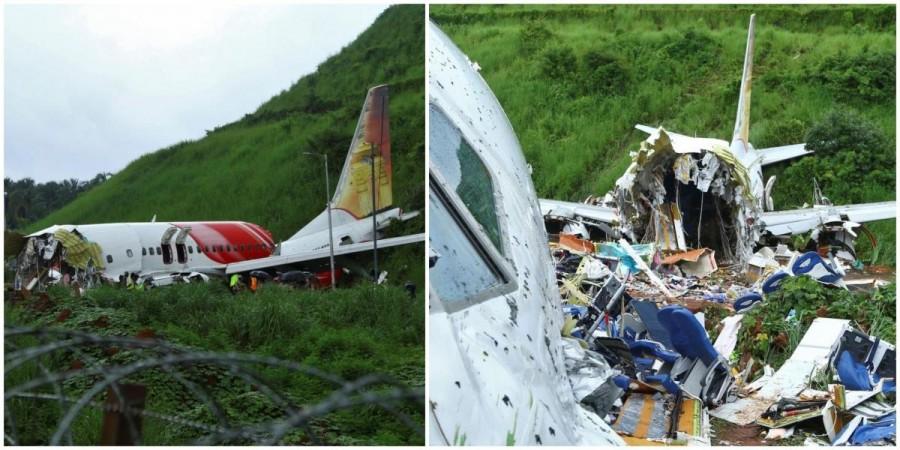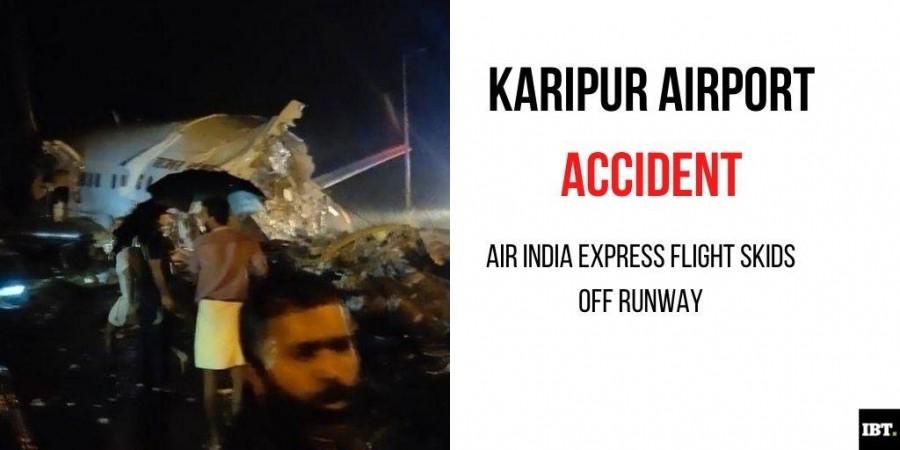
At least 18 people died and 16 were severely injured in southern India on Friday after a Boeing-737 overshot a runway known as a "table-top" in the aviation industry.
The Air India Express plane, which was repatriating Indians stranded in Dubai due to the coronavirus pandemic, overshot the runway of the Calicut International Airport in heavy rain near the southern city of Kozhikode on Friday.
The plane skidded off the runway, plunging into a valley and crashing nose-first into the ground, officials said.
What are Table-top runways?
Table-top runways are often constructed by excavating the peaks of hills to create what is known as a table-top. Such runways have steep drops at one or both ends, increasing the possibility of injuries and fatalities if pilots under or overshoot their approach, either through human error or mechanical failure.
They are most commonly found in mountainous areas where flat land is scarce, or in low-lying areas like Kozhikode where space is at a premium or there is fear of waterlogging at ground level.

Other examples include the international airport of Nepal in mountainous Kathmandu.
The table-top runway at Kozhikode is around 2,700 metres (8,858 feet) long, shorter than the 4,430 metres (14,534 feet) runway in the Indian capital New Delhi, though it is long enough for narrowbody aircraft like the Boeing-737 to land Friday's crash was India's worst passenger aircraft accident in a decade, that also involved a table-top runway.
In May 2010, an Air India flight landing at Mangalore airport overshot the table-top runway there, falling down a hillside and bursting into flames. Of the 166 people on board, only eight survived. The inquest into the crash later blamed pilot error.












